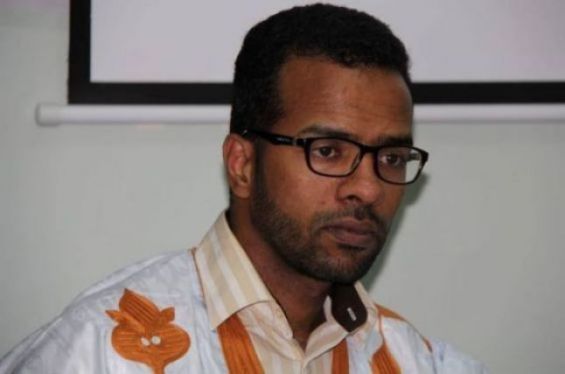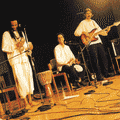Why did you join the Polisario camps in Tindouf in 2004 ?
In the 1990s, when Morocco was turning the page on the lead years, the democratic transition experience in Morocco was new to the local community in Western Sahara. The context back then was marked by social, economic and political expectations in a region, which had just emerged from several years of war. The Bedouin character of the Sahrawi society led to an emotional attachment to these expectations.
As young dreamers and adolescents, driven by romantic ideals, we found ourselves, hundreds of people and I, in the speech of the Polisario. We were ready to embrace its ideas and its approach, which was mainly based on rejecting the other. My commitment began with joining the student cells of the Polisario in Laayoune. I was also trained in its media cells. After these two steps, I decided in 2004, barely 20 years old, to take the plunge to defend the ideas I believed in.
And once in the camps ...
Immediately after my arrival in the camps, I joined the Polisario radio station where I was assigned several tasks including writing and presenting news as well as preparing and presenting political programs. In fact, it was an enriching experience at the professional level, but it was at the «Ministry of Information» that I began to become disillusioned. I learned that I was the subject of almost daily reports from informants about all of my movements. The few months of my military service reinforced this feeling. As I was not from the large dominant tribe in the Tindouf camps, I suffered from tribal and racist practices like thousands of Sahrawis. Divisions that the Polisario anchored and perpetuated within the population of the camps.

After this disillusionment, what did you decide to do ?
I slowly started to reconsider the ideas I believed in. It was a painful period for me. I still wanted to express my opinions opposed to the official political line of the Polisario during meetings with friends and colleagues or by writing articles that I published on certain news sites. This got me into trouble with the «Ministry of Information». To avoid the worst, as many people belonging to my tribe (Ida Ouali or South Teibu according to its name during the Spanish protectorate) were reported missing or imprisoned, I decided to go to Algiers to pursue graduate studies. Despite my remoteness, I joined reformist opposition groups.
If your case is not unique, what is preventing the return of other disappointed Polisario members to Morocco ?
There are many disappointed. Some resigned and others continue to exercise functions within the Front apparatus while waiting for better days. Others have chosen to settle in neighboring countries or in Europe. What must be understood is that the inflammatory propaganda of the Polisario undermines any plan for the return of these executives to Morocco. They will immediately be accused of being traitors when they decide to benefit from stability and real opportunities for development at home. Opportunities which must be, first of all, put in the service of the Saharawis.





 chargement...
chargement...













